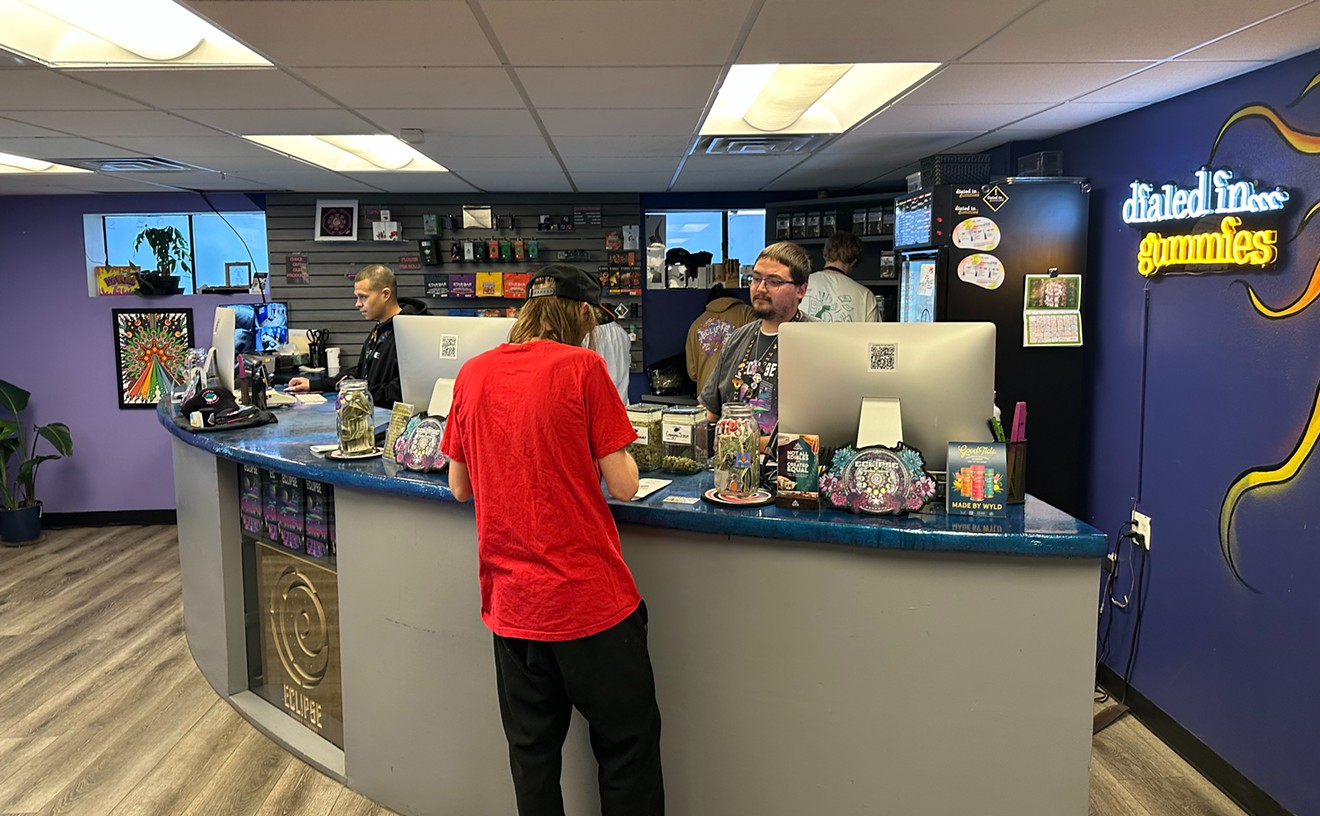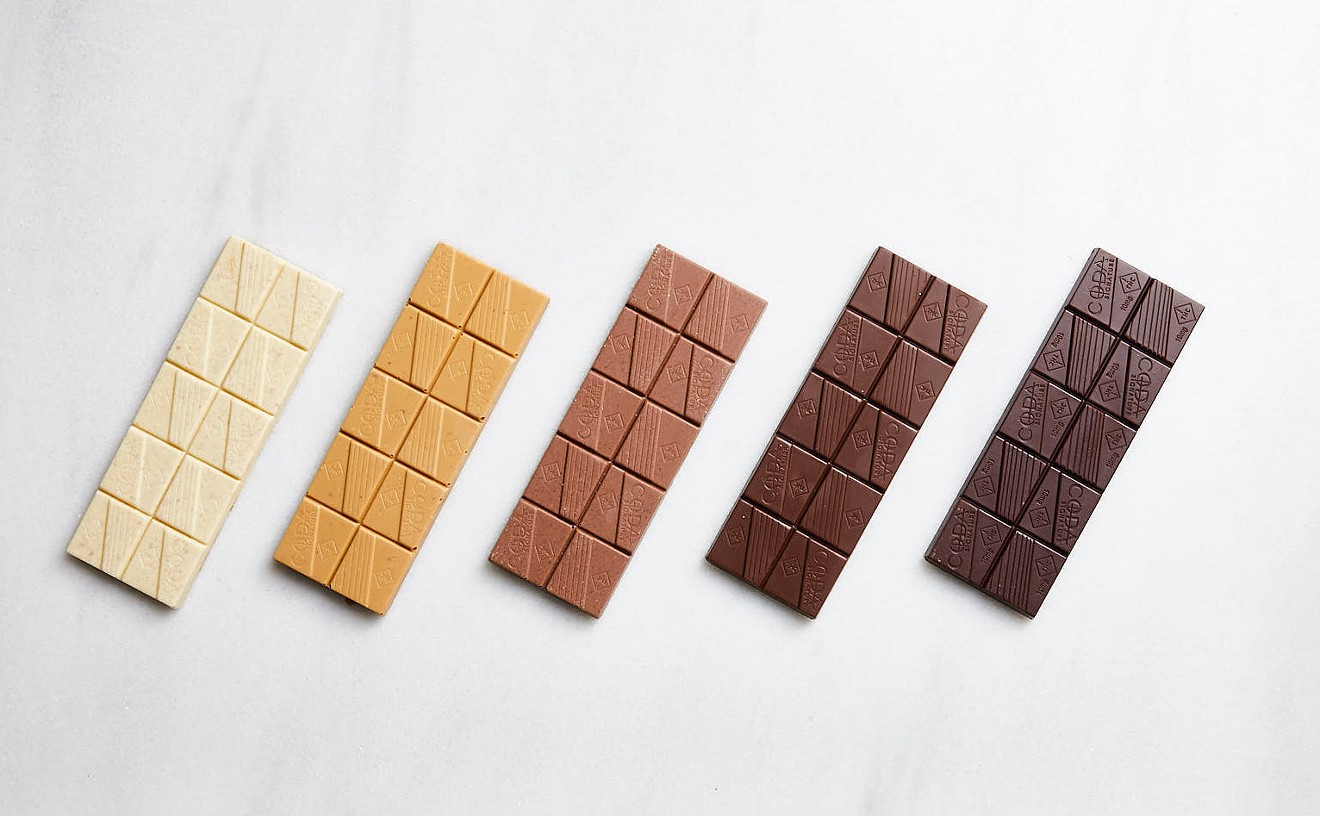States with legal medical marijuana have fewer opiod-related hospitalizations per capita, according to new research published early this month in the Journal of Drug and Alcohol Dependence. At the same time, those states did not see an increase in hospitalizations related to the consumption of cannabis, the study determined.
Yuyan Shi, the lead author of the study, is an assistant professor of family medicine and public health at the University of California in San Diego. Using the State Inpatient Database, Shi looked at hospital records in 27 states between 1997 and 2014. Over that time, she found that marijuana and opiate hospitalizations increased by an average of 300 percent. (Over 50,000 people died in this country last year from drug overdoses.)
But hospitalizations resulting from opioid dependence were 23 percent lower in states where medicinal cannabis is legal, she determined; opioid overdoses were also 11 percent lower. That number changed slightly for states with dispensaries: They had 13 percent fewer opioid overdoses.
"Medical marijuana policies were significantly associated with reduced OPR-related hospitalizations," Shi concluded.
She also found that hospitalizations related to the consumption of marijuana did not increase in states where medical marijuana is legal.
The data comes as officials in the Trump administration continue to deny the benefits of marijuana. In prepared remarks delivered last month, U.S. Attorney General Jeff Sessions said marijuana is only "slightly less awful" than heroin.
"I am astonished to hear people suggest that we can solve our heroin crisis by legalizing marijuana, so people can trade one life-wrecking dependency for another that's only slightly less awful. Our nation needs to say clearly once again that using drugs will destroy your life," Sessions said.
Shi made it clear that her results do not indicate that marijuana legislation is a cure for opiate addiction or abuse, just that the data indicates a trend. "It is still premature to advocate medical marijuana legalization as a strategy to curb the POR abuse and overdose epidemic, but the policymakers should take into consideration these positive unintended consequences while legalizing medical marijuana," Shi says. "The findings presented in this study merit further investigations, especially those to understand the causal pathways."
[
{
"name": "Air - MediumRectangle - Inline Content - Mobile Display Size",
"component": "12017618",
"insertPoint": "2",
"requiredCountToDisplay": "2"
},{
"name": "Editor Picks",
"component": "17242653",
"insertPoint": "4",
"requiredCountToDisplay": "1"
},{
"name": "Inline Links",
"component": "18838239",
"insertPoint": "8th",
"startingPoint": 8,
"requiredCountToDisplay": "7",
"maxInsertions": 25
},{
"name": "Air - MediumRectangle - Combo - Inline Content",
"component": "17261320",
"insertPoint": "8th",
"startingPoint": 8,
"requiredCountToDisplay": "7",
"maxInsertions": 25
},{
"name": "Inline Links",
"component": "18838239",
"insertPoint": "8th",
"startingPoint": 12,
"requiredCountToDisplay": "11",
"maxInsertions": 25
},{
"name": "Air - Leaderboard Tower - Combo - Inline Content",
"component": "17261321",
"insertPoint": "8th",
"startingPoint": 12,
"requiredCountToDisplay": "11",
"maxInsertions": 25
}
]













